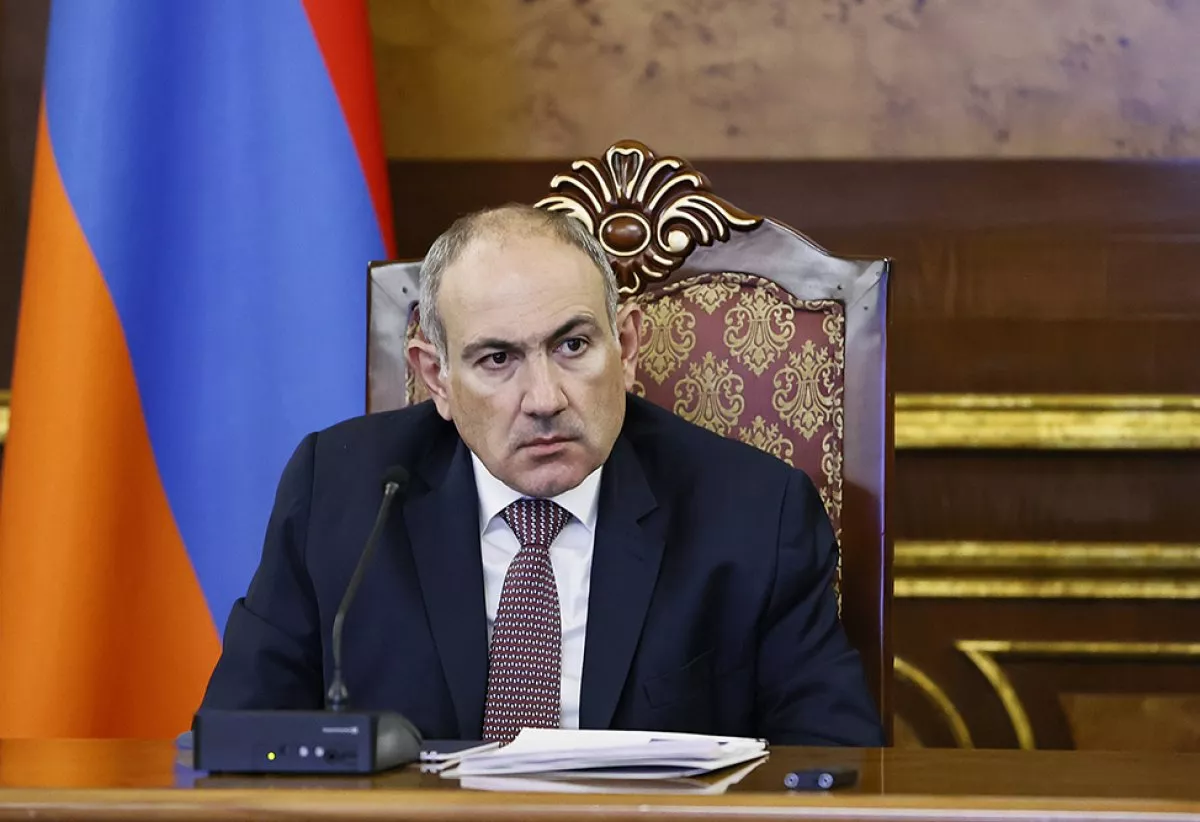Armenia's path to peace with Azerbaijan Will actions follow the words?
Recently, two key issues regarding a peace agreement with Azerbaijan have been actively discussed in Armenia. These concerns involve the dissolution of the OSCE Minsk Group and the potential revision of Armenia's constitution, both of which have been demanded by Baku. These are significant requirements that Armenia had previously rejected. However, last week, Armenian Prime Minister Nikol Pashinyan expressed a willingness to dissolve the Minsk Group. "Armenia is considering appealing to the OSCE regarding the dissolution of the Minsk Group," stated Pashinyan's press secretary, Nazeli Baghdasaryan.
To recall that, on December 19, 2024, Pashinyan addressed the issue of the OSCE Minsk Group's dissolution, stating: "We understand the position that if there is no conflict, then what is the point of having a format dedicated to conflict resolution?"
However, given the contradictory policies of Nikol Pashinyan and the complex domestic situation in Armenia, the likelihood that the current authorities will swiftly move from words to concrete actions remains extremely low. It is worth noting that Pashinyan's willingness to dissolve the OSCE Minsk Group has sparked a negative reaction from the opposition, which has accused the government of "ignoring Armenia's interests."
On the other hand, the Armenian side has repeatedly sought to manipulate the issue of dissolving the OSCE Minsk Group, suggesting that it would only consider such a move after a peace agreement was signed. For example, last year, Armenian parliamentary speaker Alen Simonyan, during a briefing with journalists, stated that the OSCE Minsk Group could only be dissolved once a peace agreement between Armenia and Azerbaijan was in place. Now, the Armenian side appears to have suddenly shifted tactics and is seeking a compromise with Baku. This raises a legitimate question: could it be that Yerevan is starting to realise that Baku will not back down from its demands under any circumstances? For now, this remains an open question.

Now, regarding the second condition from Baku for the peace process. Armenia's Minister of Justice, Srbuhi Galyan, spoke about the necessity of drafting a new constitution. "As I have repeatedly stated, our task is to have a draft of the new constitution before the elections, and our work should be focused in this direction," the minister said at a press conference on January 14, confirming the importance of developing the new constitution's draft. However, when asked whether the new constitution would retain the reference to the Declaration of Independence, the minister declined to comment, noting only that "the current text of the constitution does not hinder the peace process."
Returning to the declarations made in Yerevan, the Armenian minister precisely echoed Pashinyan's statement from July regarding the need to develop a new constitution for Armenia. Last summer, during an address to the nation on Constitution Day, the Armenian Prime Minister stated that the current fundamental law causes significant social and psychological tension among citizens.
"We need a new constitution that the people will consider as a document they have both created and accepted. What will be written in the text will represent the people of Armenia's vision of the state and its relationship with it," assured the Armenian Prime Minister at the time. Prior to this, the Armenian government had repeatedly stated that the constitution was an internal matter for the country, attempting to portray Azerbaijan as a state allegedly interfering in Armenia's domestic affairs.
Armenia would like to sign a truncated peace agreement to preserve territorial claims against Azerbaijan, which are enshrined in Armenia's constitution. This is visibly confirmed by the active militarization of Armenia by the West. It seems that Yerevan does understand that achieving its revanchist plans in the near future is unrealistic, which is why positive signals have started to come from Armenia regarding the fulfilment of Baku's demands.
Azerbaijan does not need empty promises from Armenia; what is expected are concrete actions on the two key issues of the peace agenda, and that too in the near future. Whether the Armenian leadership will move from words to actions or continue to indulge in unrealistic dreams of revenge will be revealed with time, which, is working against Armenia...








